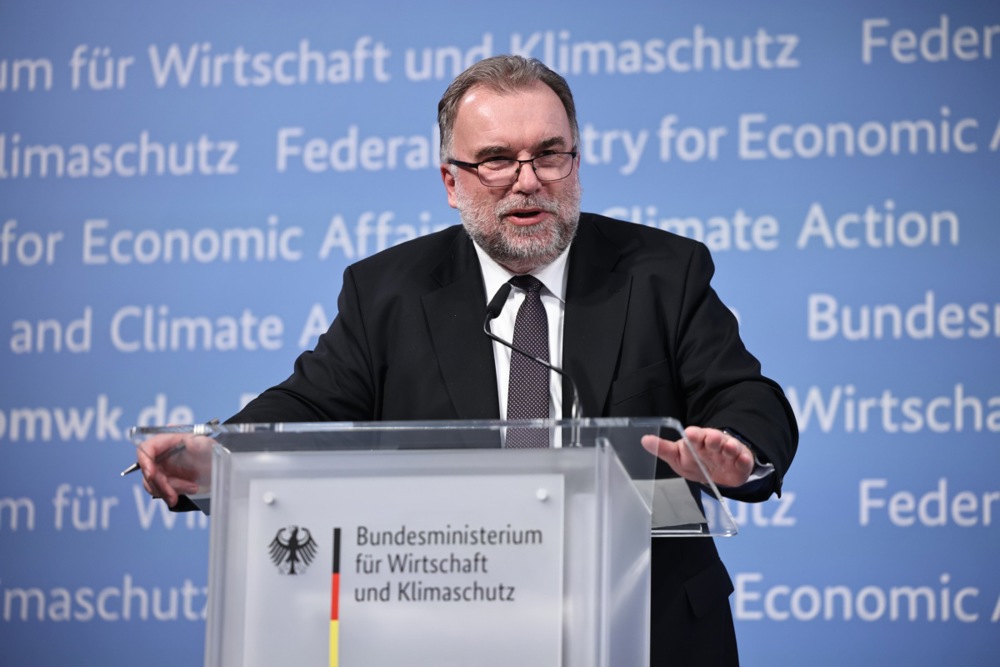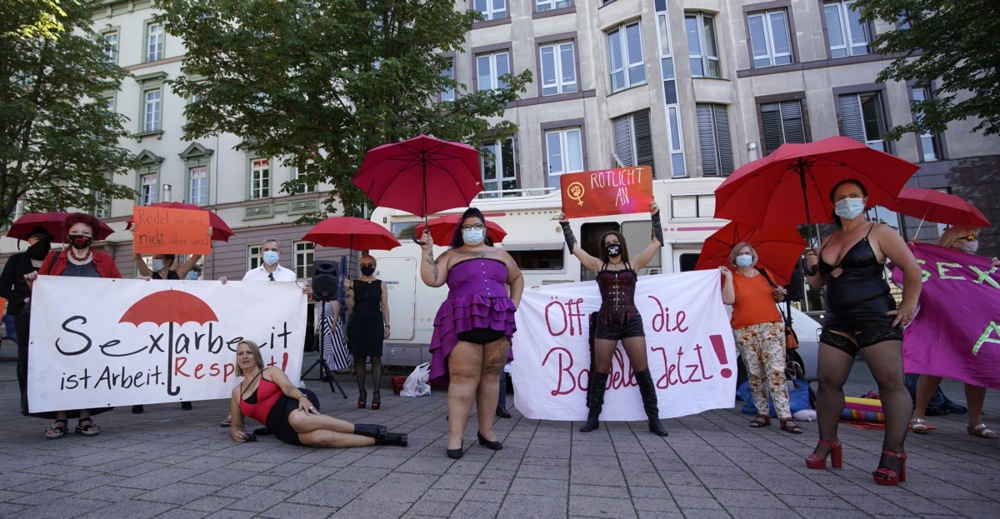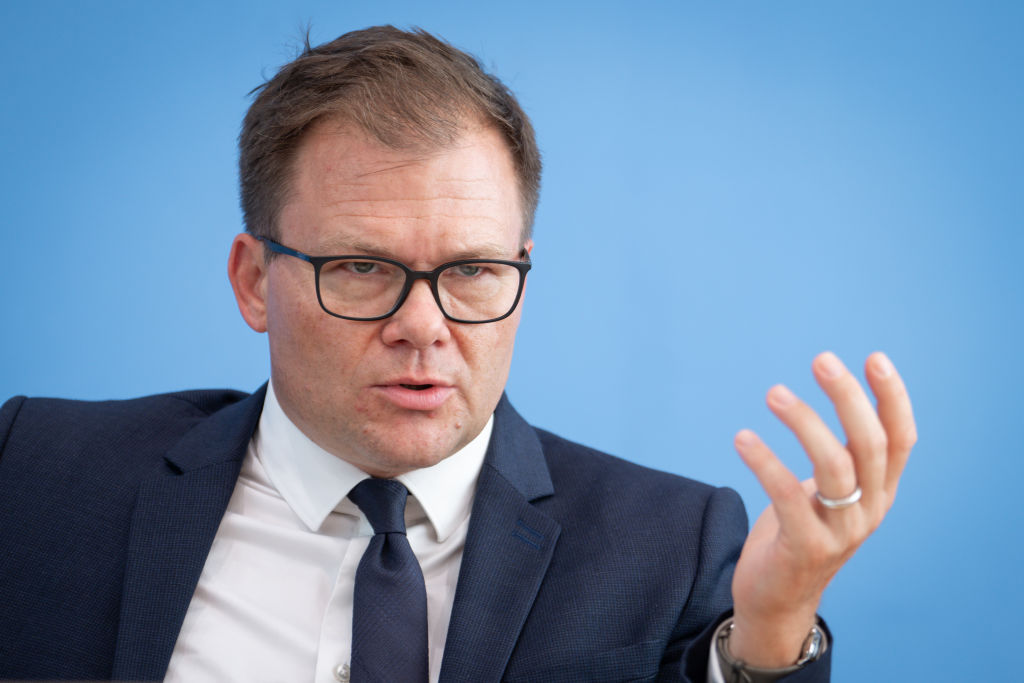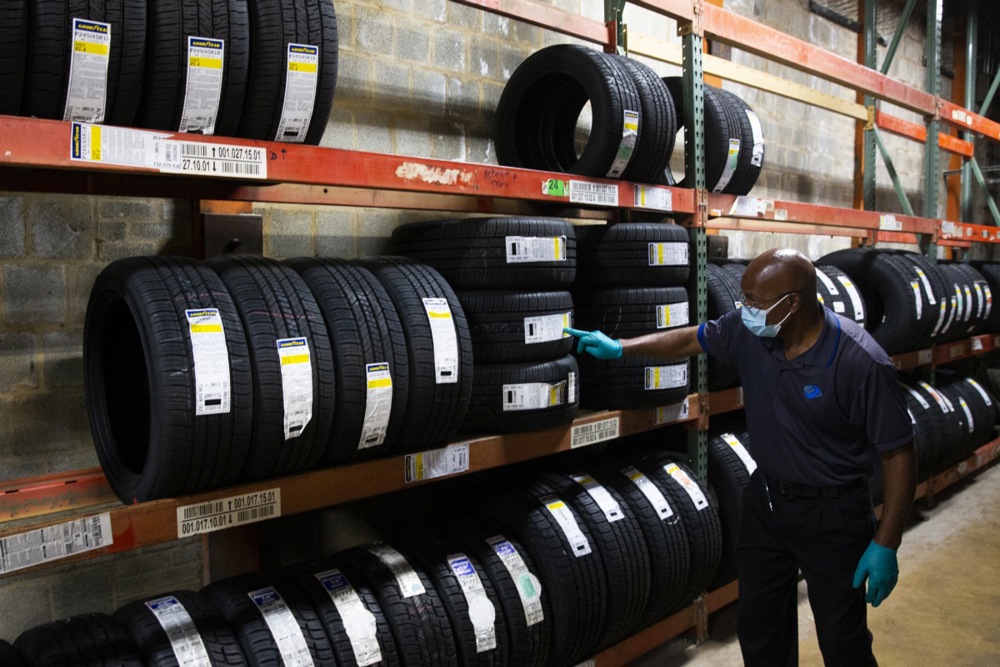This year looks set to be “exceptionally weak” for residential construction in Germany, according to the Institute for Economic Research (ifo).
The institute, one of Germany’s most influential economics research bodies, said on January 10 its Business Climate Index for home building “has sunk to an all-time low”.
“Sentiment in December fell to -56.8 points, down from -54.4 points in the previous month. This is its lowest level since the survey began in 1991,” it said.
The report referred to “dissatisfaction” and “fear of further business losses in the first half of 2024”.
“Although interest rates for home loans have recently been falling again, there is as yet no sign that the situation is easing,” said Klaus Wohlrabe, head of surveys.
“These exceptionally weak expectations show that companies currently have no hope. The prospects for 2024 are bleak.”
At the tail-end of 2023, companies were already suffering order cancellations, leading to more than half of them reporting that order backlogs were “too low”.
2023 “was an extremely difficult year for residential construction, with new business remaining far below the level of previous years,” according to Wohlrabe.
“This was a consequence of the drastic rise in construction and interest costs as well as weaker subsidy options.
“Only the high order backlog with which companies went into the [energy] crisis [worsened by the Ukraine war] plus the fact that projects had long durations prevented an even greater slump in construction activity.”
Alongside that, another study by the German Institute for Economic Research (DIW) released on January 10 projected that construction volume would shrink in value by 3.5 per cent to €546 billion this year.
It will then recover, albeit slightly, with a 0.5 per cent increase in 2025, according to DIW.
Laura Pagenhardt, the DIW study’s author, said the German Government should provide stronger guarantees about building-programme funding.
She said politicians needed to remove uncertainty over subsidies “as quickly as possible … to get the construction industry moving again”.
“That especially includes subsidies for energy-efficient building renovations but also for the construction of new housing.”
German news agency Die Welt noted that, as a result, the Government’s objective of creating 400,000 new apartments per year was becoming increasingly distant. According to DIW, that figure is expected to reach about 265,000 by the end of 2024.
In August last year, industry executives had already warned that Germany was in a phase of “de-growth”, dominated by nosediving industrial output.





